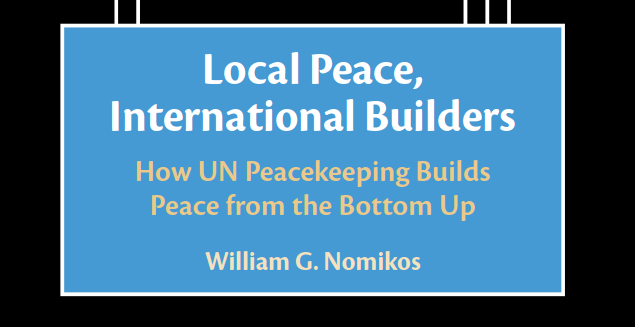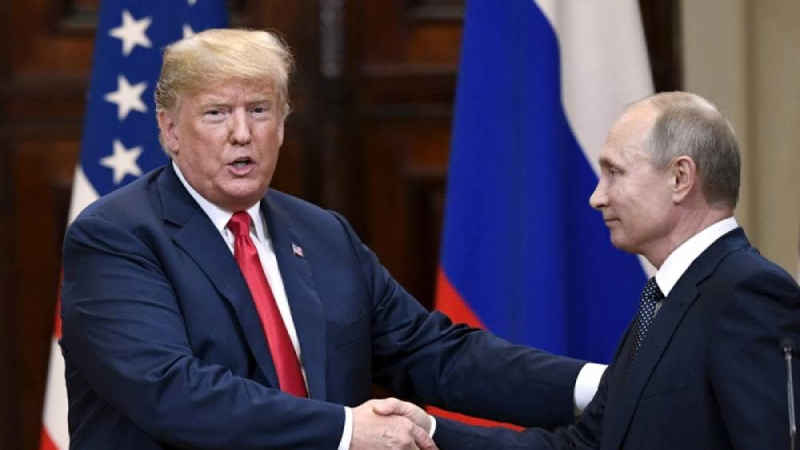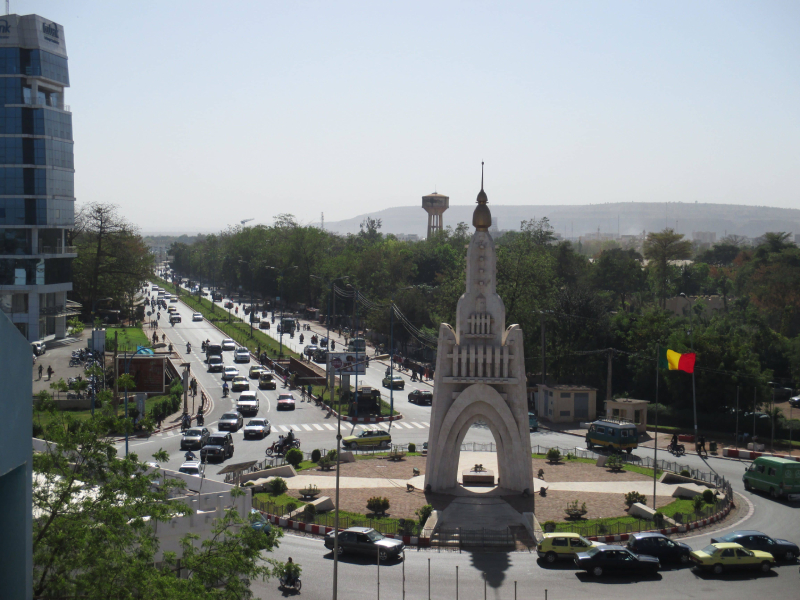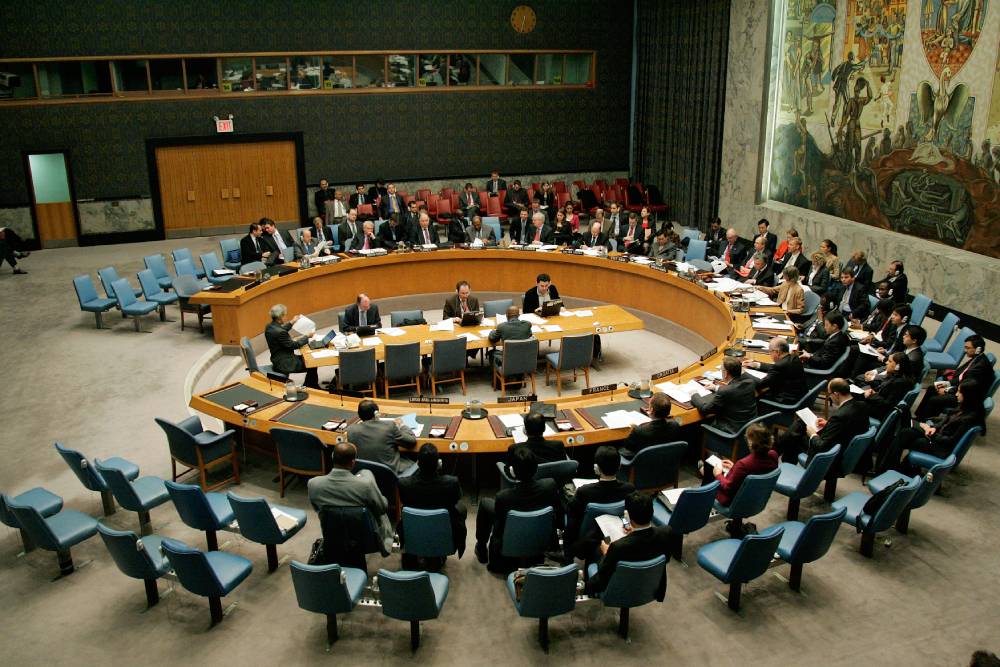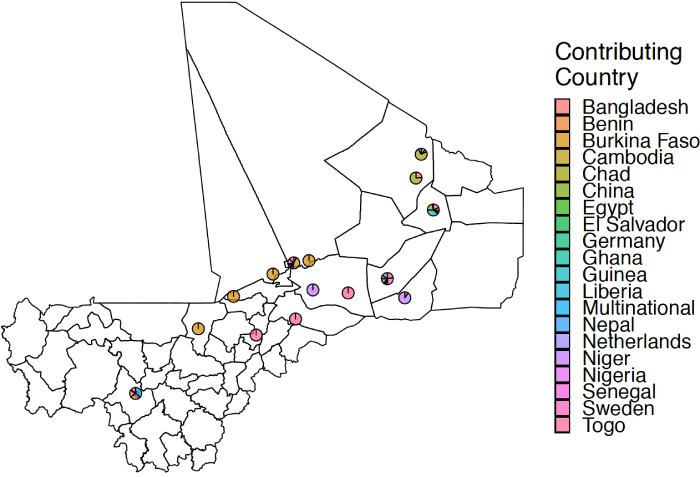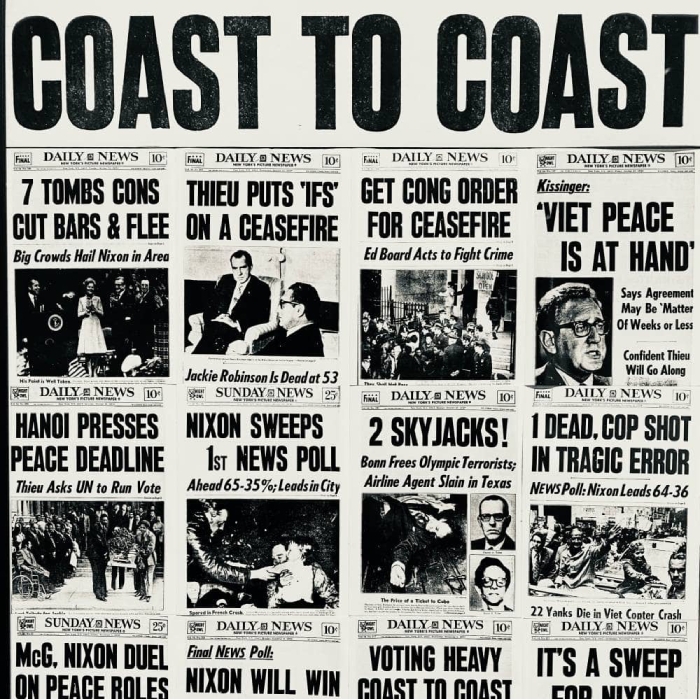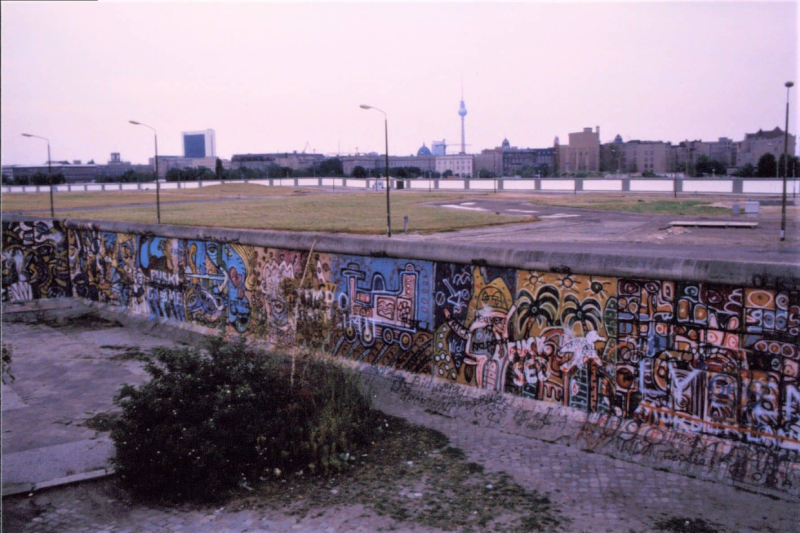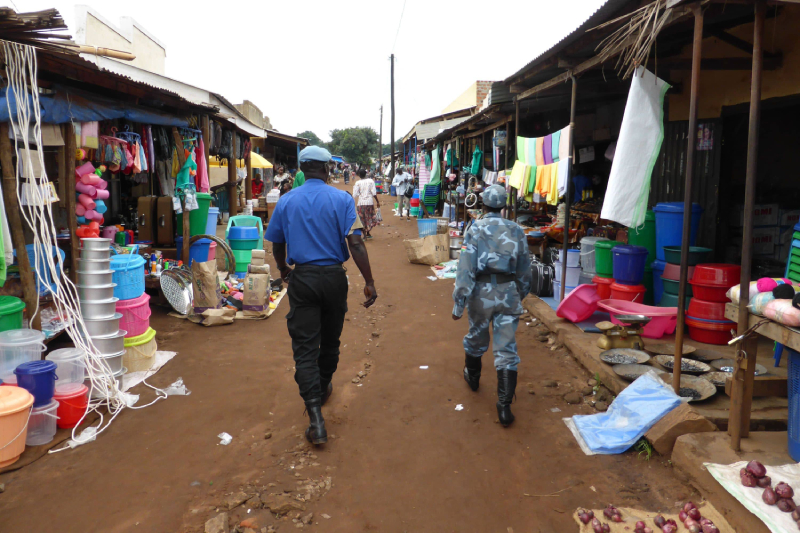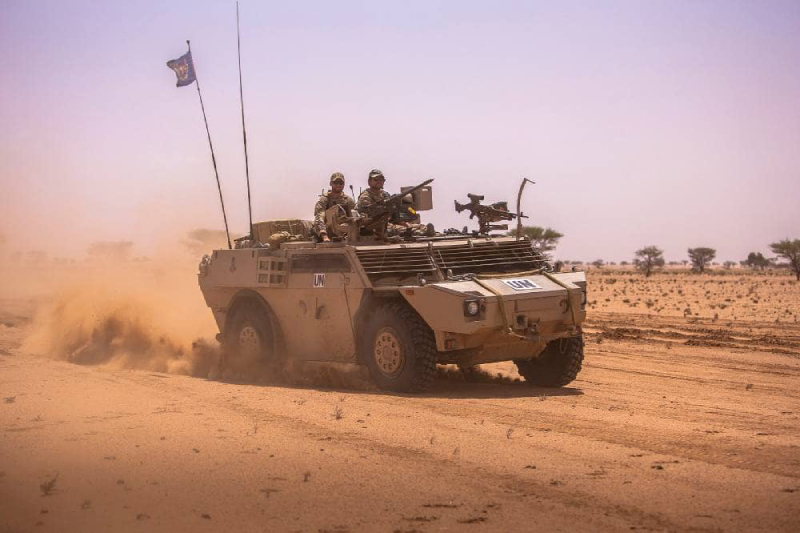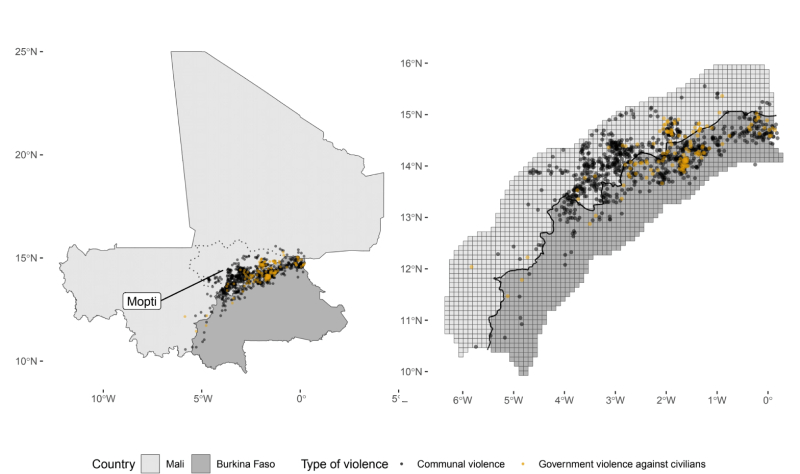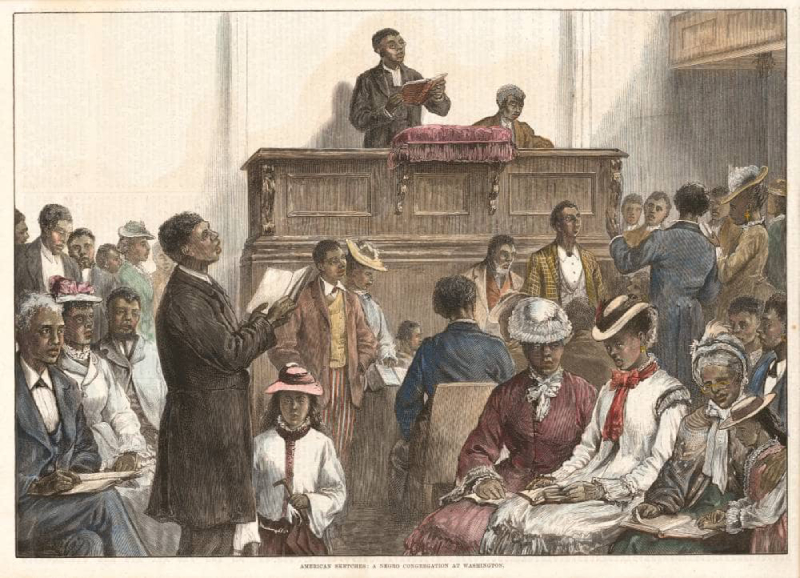-
Nomikos, William G. 2025. Local Peace, International Builders: How the UN Builds Peace from the Bottom Up. Cambridge University Press.
-
Nomikos, William G., Dahjin Kim, and Gechun Lin. 2025. "American Social Media Users Have Ideological Differences of Opinion about the War in Ukraine." Nature: Humanities and Social Sciences Communication.
-
Nomikos, William G. and Eric Stollenwerk. 2024. "More Security, More Trust? Security Perceptions as a Source of Government Trust in Post-Conflict Settings." Journal of Intervention and Statebuilding. Online First.
-
Grossman, Allison, William G. Nomikos, and Niloufer Siddiqui. 2023. "How Do Religious Appeals Shape Intergroup Tolerance and Radicalization? Evidence from Burkina Faso." Journal of Experimental Political Science 10 (1): pp. 124-136.
-
Nomikos, William G. and Danielle N. Villa. 2022. "Unintended Consequences: Reconsidering the Effects of UN Peacekeeping on State-sponsored Violence." International Peacekeeping 29 (4): pp. 551-623. Part of Forum on the United Nations at 75.
-
Nomikos, William G. 2022. "Peacekeeping and the Enforcement of Intergroup Cooperation: Evidence from Mali." Journal of Politics 84(1): 194-208. Also published as Empirical Studies on Conflict Working Paper 20.
-
Nomikos, William G. 2021. "Why Share? An Analysis of the Causes of Power-Sharing after Conflict". Journal of Peace Research 58(2): 248-262.
-
Hunnicutt, Patrick and William G. Nomikos. 2020. "Nationality, Gender, and Deployments: Introducing the RADPKO Dataset". International Peacekeeping 27(4): 645-672.
-
Nomikos, William G. and Nicholas Sambanis. 2019. "What is the True Mechanism Underlying Audience Costs? Incompetence, Belligerence, and Inconsistency." Journal of Peace Research 56 (4): 575-588.
-
Marinov, Nikolay, William G. Nomikos, and Josh Robbins. 2015. "Does Electoral Proximity Affect Security Policy?". The Journal of Politics 77(3): 762-773.
-
Nomikos, William G. 2013/4. "Reevaluating Foreign-Imposed Regime Change". International Security 38(3): 184-195.
-
Hunnicutt, Patrick and William G. Nomikos. "Peacebuilding in the Commons: United Nations Peacekeeping as Conflict Mitigation and Climate Adaptation."
-
Hunnicutt, Patrick, William G. Nomikos, and Rob Williams. "The Strategic Logic of Violence against UN Peacekeeping."
-
Nomikos, William, Ipek Ece Sener, and Rob Williams. "The Peacekeeping Dilemma: Understanding the Challenges of Modern Peacekeeping Operations."
-
Charaniya, Amaan, Jordon Newton, William G. Nomikos, and Michael Olson. "Reconstruction and Representation." Awarded Honorable Mention, Best Paper Presented at SPSA 2023.
-
Nomikos, William G., Amaan Charaniya, Rex Deng, Dahjin Kim, Gechun Lin, and Ipek Ece Sener. "Social Media Reactions to US Withdrawal from Afghanistan." Awarded Best Paper Presented at APSA 2022, Foreign Policy Section.
-
Nomikos, William G. "How peacekeeping reduces climate-induced conflicts between farmers and herders."
-
Abramson, Scott, David Carter, William G. Nomikos, Sarah Warren, and Romuald Anago. "Intergroup Trust and Social Networks in Fragile Settings."
-
Freeman, Bianca and William G. Nomikos. "Blue Line, Blue Helmet: Race and the Limits of Representation in Peacekeeping."
-
Kikuchi, Masanori, Melissa Lee, and William G. Nomikos. "Domestic Politics and Statebuilding: Evidence from Postwar Japan."
-
Moreno Gama, Laura Elizabeth and William G. Nomikos. "Discounting Tomorrow: Colombia’s Renewable Energy Ambitions Amid Conflict and Resource Struggles."
I have taught undergraduate courses on Climate Change and Conflict, Peacekeeping, Ethnic Conflict, and Quantitative Methods.
